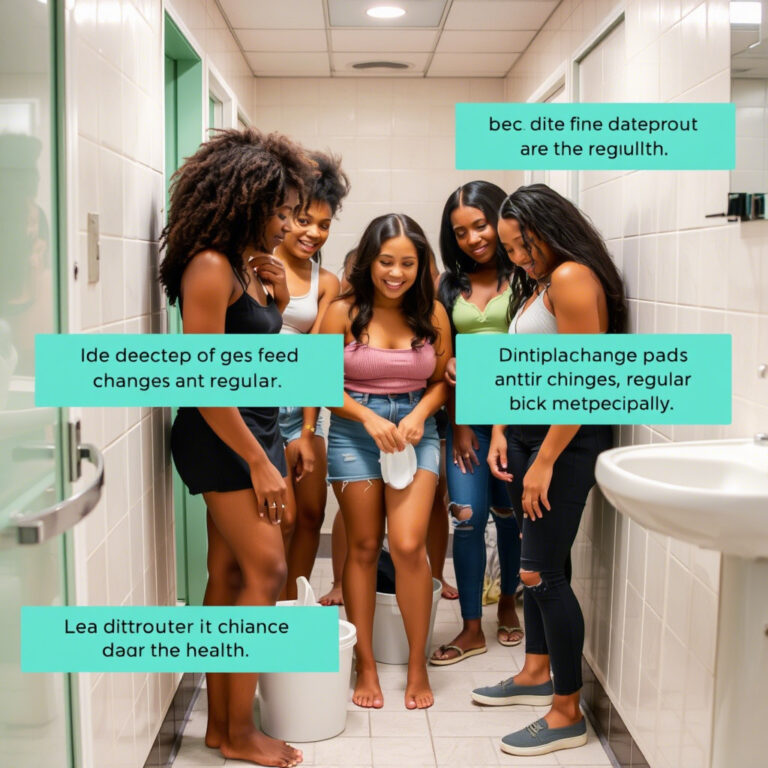Why Cheating Partners lying: Understanding Deception After Infidelity
Why Cheating Partners Continue to Lie
When faced with evidence of their infidelity, many unfaithful partners choose to continue lying – a behavior that often seems irrational and deeply frustrating to their betrayed partners. This persistent deception, even in the face of clear evidence, stems from complex psychological and emotional factors that create a self-reinforcing cycle of dishonesty and infidelity.
The Complex Web of Self-Preservation

At its core, continued lying after infidelity often stems from a powerful instinct for self-preservation that operates on multiple levels. When confronted about their actions, unfaithful partners frequently resort to what psychologists call “defensive deception” – a pattern of lying that serves to protect not just their immediate interests, but their entire psychological framework.
These lies serve as a shield, protecting the unfaithful partner from facing the full weight of their actions and their consequences. For instance, a partner might deny evidence of text messages or unexplained absences, not just to avoid immediate consequences, but to maintain their self-image as someone who “would never do such a thing.” This self-deception can be so powerful that some individuals begin to believe their own lies, creating an alternate reality where their actions are justified or minimized.
The Affair’s Protective Bubble
Beyond self-preservation, lying often serves to protect the affair itself. The deception creates a protective bubble around the illicit relationship, allowing it to exist in a separate reality from the primary relationship. This compartmentalization can become surprisingly sophisticated, with the unfaithful partner developing elaborate systems of deception to keep their two worlds from colliding.
The investment in these lies often grows over time. What might start as small deceptions about working late or meeting friends can evolve into complex webs of falsehoods that become increasingly difficult to abandon. The more elaborate the deception becomes, the more the unfaithful partner may feel compelled to maintain it, fearing that admitting to any single lie might cause their entire carefully constructed narrative to unravel.
Psychological Coping Mechanisms
The persistence of lying after discovery often reflects deeper psychological coping mechanisms. Fear plays a central role – not just fear of consequences, but fear of facing one’s own actions and their implications. This fear can manifest in several ways:
Many unfaithful partners experience intense anxiety about losing their primary relationship, even while continuing the affair. This seemingly contradictory behavior reflects the complex emotional attachments involved in infidelity. The lies become a way to avoid making difficult choices between their affair partner and their primary relationship.
For some individuals, lying has become an ingrained response to stress or conflict. These patterns often develop long before the infidelity and reflect deeper issues with emotional honesty and conflict resolution. In such cases, the lying continues not just to protect the affair, but because it’s their default way of handling difficult situations.
The Destructive Cycle
Perhaps most importantly, infidelity and deception create a self-reinforcing cycle that becomes increasingly difficult to break. Each lie told requires additional lies to maintain consistency, creating an ever-expanding web of deception. This pattern can become so entrenched that telling the truth begins to feel impossible, even when the unfaithful partner genuinely wants to change.
The cycle is further complicated by the way lying can become normalized within the relationship. As the betrayed partner becomes increasingly suspicious, the unfaithful partner may feel more justified in their deception, creating a destructive pattern where trust erodes on both sides.
Breaking the Cycle
Understanding these patterns of deception is crucial for both partners in moving forward, whether toward reconciliation or separation. For the unfaithful partner, recognizing the complex motivations behind their lying can be a first step toward breaking the cycle of deception. For the betrayed partner, understanding these dynamics can help make sense of their partner’s seemingly irrational behavior, though it doesn’t excuse it.
Recovery from infidelity requires more than just stopping the affair – it requires breaking the habit of deception that has become intertwined with it. This process often involves confronting uncomfortable truths about oneself and developing new patterns of communication and emotional honesty.
The path forward requires courage from both partners: courage to be honest about past actions and current feelings, courage to face the consequences of those actions, and courage to either rebuild trust or accept that the relationship may need to end. Understanding why cheating partners continue to lie is just the beginning of this challenging journey.



